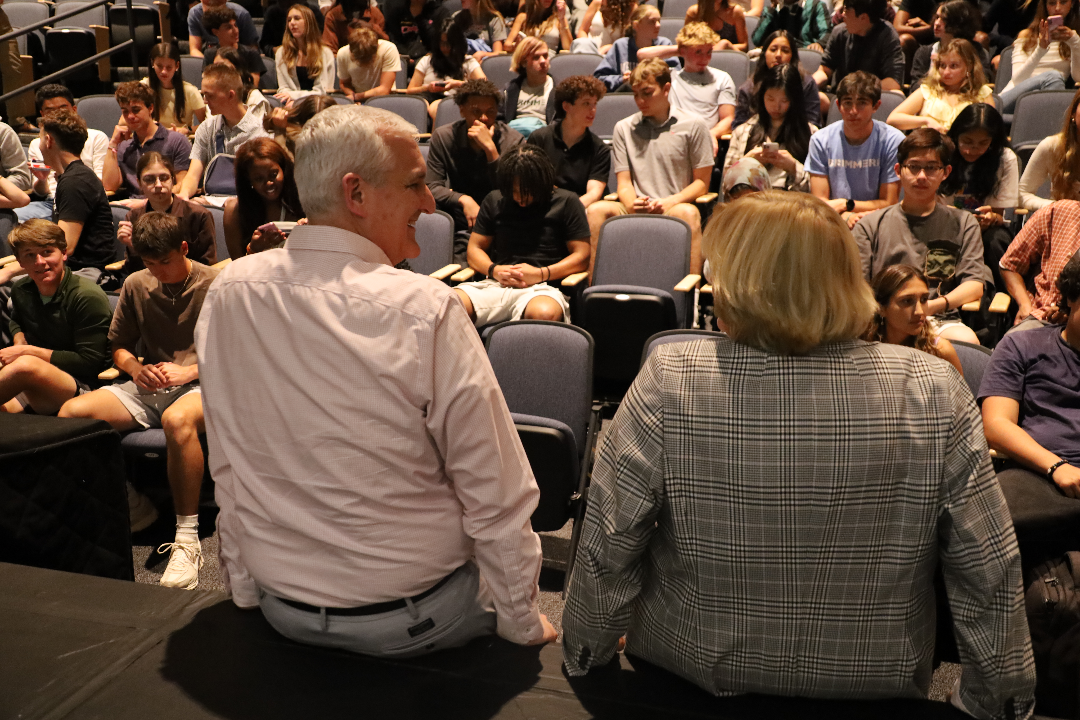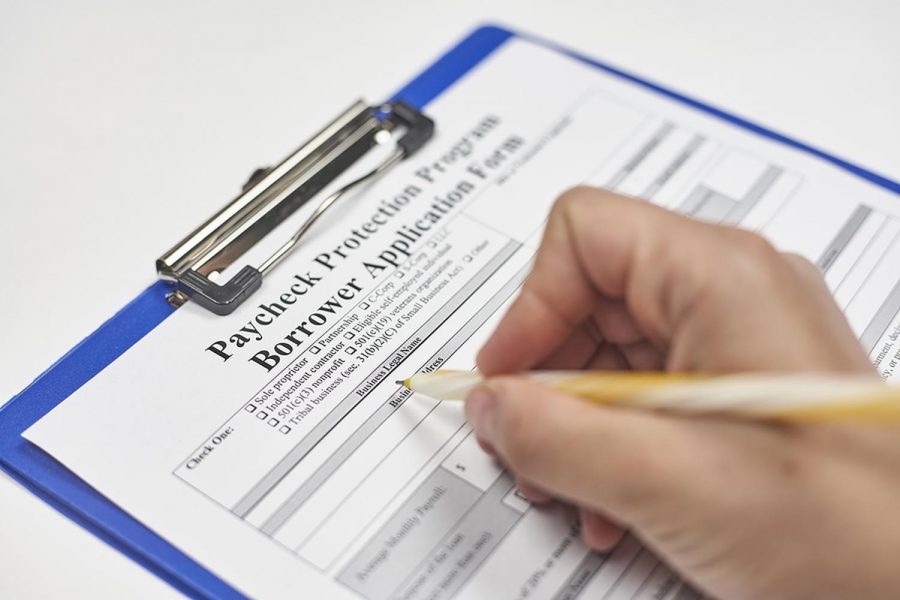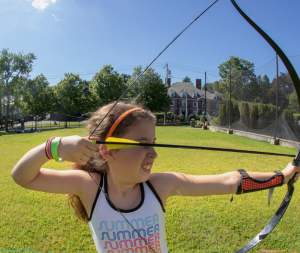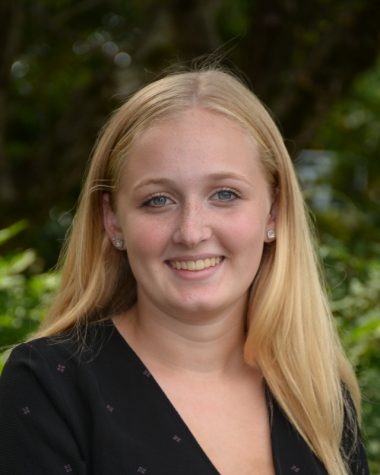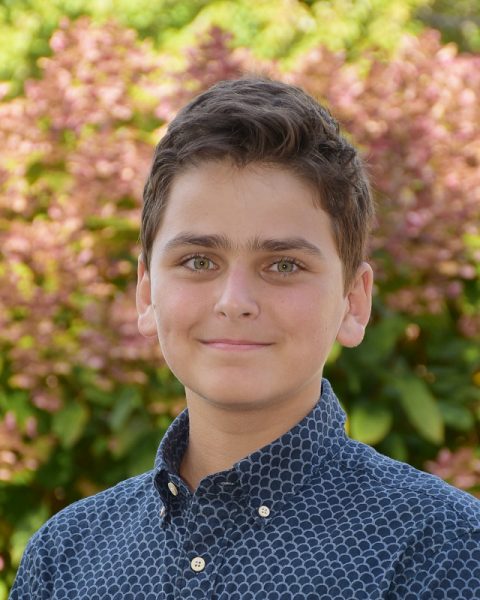School Receives Federal Loan Amid National Controversy
May 29, 2020
Private schools, in part known for their independence from government aid, are taking advantage of a federal loan program in the wake of financial uncertainty caused by the ongoing pandemic.
To protect against COVID-19 resulting in lower enrollment and fewer donations—which would likely impact everything from hiring, programming, and financial aid—many private schools have applied for and been granted relief through the Paycheck Protection Program (PPP).
Renewed in late April, PPP provides forgivable loans to provide payroll protection during the pandemic. According to Forbes, the renewal was approved after “the program ran out of the initial $349 billion the federal government earmarked for it in just 13 days.”
Here, the School relies on summer programs, rental income, and the annual auction to augment financial resources. With COVID-19, however, in addition to canceling the auction and summer programs, the School has decided against continuing to rent out space.
In a May 11 community email, Head of School Judith Guild and Board of Trustees Chair David Kreisler addressed the School’s application.
“Through this loan, we will be able to continue to employ (at full salary and benefits) our faculty and staff; as a result, we are well positioned to reopen quickly in the fall when schools are permitted to do so,” Guild wrote.
According to a recent New York Times article, controversy has surrounded expanding PPP eligibility to private schools, with critics pointing out that well-established institutions should instead rely on rainy day funds, endowments, and donations to weather possible uncertainty.
“But other elite schools said they needed the money to keep people employed, citing concerns about dwindling donations, shrinking endowments and a potential drop-off in enrollment,” the article said.
Regardless, the federal loan has provided more options and flexibility. According to Forbes, since the School is using the funds to provide salaries to staff, the loan is forgivable—meaning it does not need to be repaid.
While public schools are able to pay staff through tax dollars, the same is not true for private schools. Teacher salaries rely on school funding, which has been negatively affected by the virus.
St. Andrew’s Episcopal School in Maryland and Brentwood School in California, two prestigious, private high schools, have received PPP, with the former attended by President Donald Trump’s youngest son and the latter by Treasury Secretary Steve Mnuchin’s children.
However, Trump and Mnuchin have publicly criticized private schools, especially ones with massive endowments—like Sidwell Friends, where former President Barack Obama’s daughters attended—for accepting PPP. This recently prompted some prestigious private schools to return the funds.
“The Latin School in Chicago received a loan but then returned it after backlash in the community,” CNN reported.
Mnuchin took to Twitter in early May to lambaste private schools, suggesting that “they should return [the loans].”
It has come to our attention that some private schools with significant endowments have taken #PPP loans. They should return them. @SBAgov #CARESAct #PPPLoans
— Steven Mnuchin (@stevenmnuchin1) May 1, 2020
Following Mnuchin’s tweet, Trump spokesperson Judd Deere told Politico, “The president has made it clear that he does not believe private schools with significant endowments should be receiving PPP money and those that have should consider returning it.”
Despite the controversy, most private schools have elected to retain the funds. The National Association of Independent Schools explains many factors that go into making the decision to apply for such help.
“As independent schools work to navigate the lost income and uncertain future caused by the COVID-19 pandemic, many have applied for loans through the Paycheck Protection Program,” the organization states on its website. “Each school’s situation is unique, so boards and school administrators must conduct careful analyses of needs and available assets. There is no one-size-fits-all solution for all schools.”





